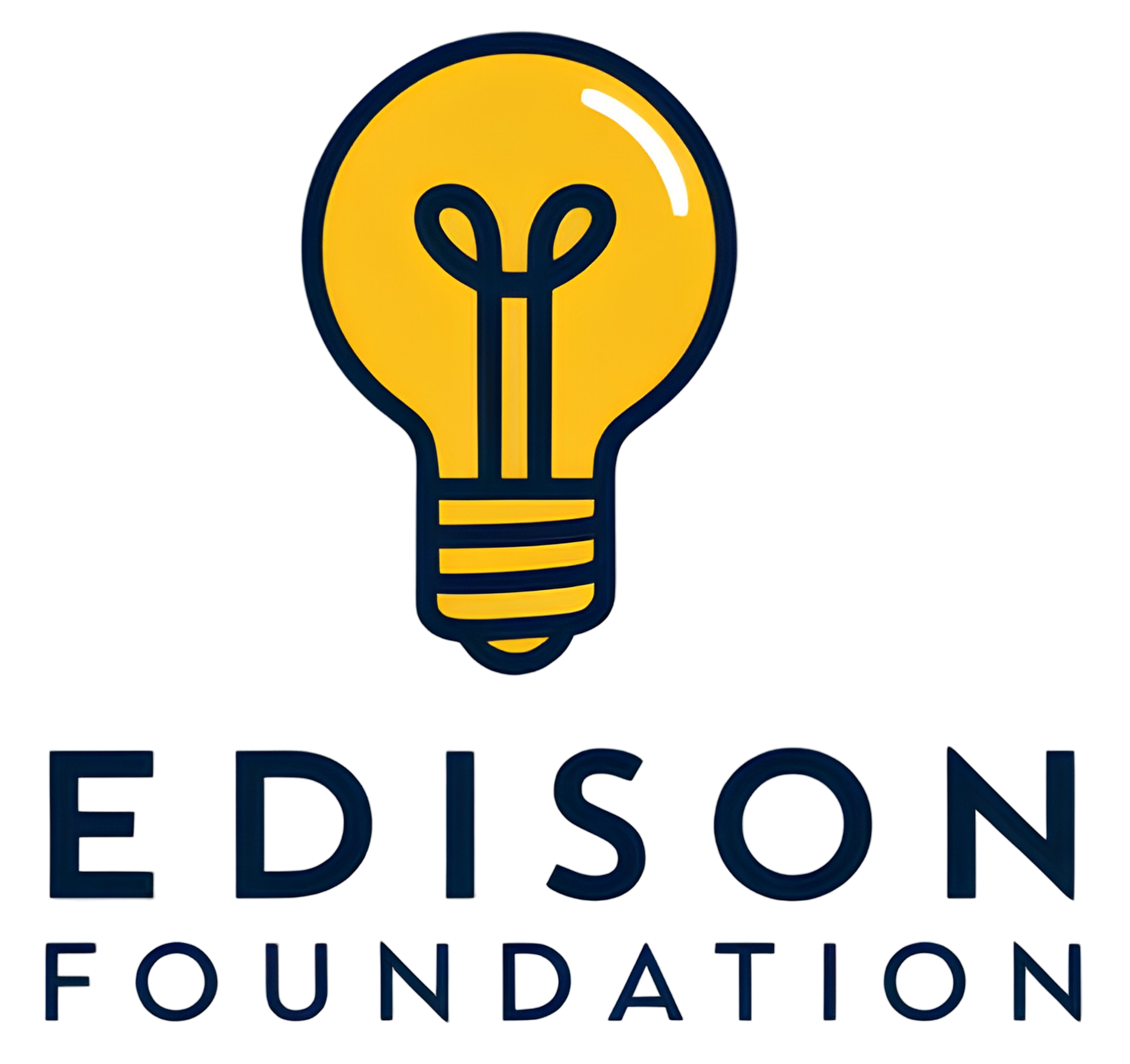Genetic & Environmental Causes of the Top Killer Conditions Globally—Heart Disease, Cancer, and Longevity
This project, spearheaded by top researchers in genetics and metabolic analysis, aims to uncover groundbreaking insights into the basis of coronary heart disease, cancer, and longevity.
The funds raised will enable cutting-edge mass spectrometry analysis of blood samples from 15,000 study participants. This comprehensive approach is a proven method for identifying key genetic and metabolic pathways that can lead directly to the development of life-saving treatments. Importantly, this work builds on a track record of success, including discoveries that have already led to FDA-approved drugs for the prevention and treatment of high cholesterol coronary artery disease.
We are seeking $250,000 to cover the cost of mass spectrometry analysis of blood samples from these 15,000 study participants—$16.66 per sample.
What Your Donation Supports
This project uses a combination of genetics and next-generation sequencing techniques to create comprehensive genetic and metabolic profiles of 15,000 individuals. These profiles are then matched against population registries (e.g., Texas Cancer Registry) to define the genetic and metabolic underpinnings of major diseases, including heart disease, cancer, and metabolic conditions like diabetes and fatty liver disease.
Accomplishments to Date
This approach has proven highly effective in identifying genes that play critical roles in biological pathways. We have identified two new pathways in cholesterol metabolism that have led to the development of FDA-approved drugs for lowering cholesterol and preventing heart attacks. Importantly, these drugs are effective in individuals who cannot tolerate statin medications or who do not respond adequately to standard statin therapy.
Additionally, we discovered the first gene associated with fatty liver disease. This gene is now the subject of significant research initiatives at several major pharmaceutical companies. Drugs derived from this discovery are now in Phase 3 clinical trials.
Budget Justification
DNA sequencing and annotation have been completed for all 15,000 participants. The sequence variants and mutations in each individual have been compiled and are now available for further analysis. Additionally, basic indices of body composition, liver and kidney function, and inflammatory status have been determined for each individual.
We now seek $250,000 to cover the cost of mass spectrometry analysis of blood samples from the 15,000 study participants at a cost of $16.66 per sample. This analysis will provide a detailed metabolic profile of energy production and utilization, inflammatory responsiveness and burden, environmental toxins, liver and renal function, and lipid metabolism.
Why We Seek Alternative Source Funding
We are pursuing private funding instead of NIH funding for this project to maintain full control over the research and data. NIH requires a data-sharing agreement that would make our data publicly accessible and subject to external oversight. By securing private support, we can keep our data within the research team, enabling quicker decision-making and faster progress. A similar approach was taken in the Dallas Heart Study and Dallas Biobank studies, where maintaining control over data allowed for more focused, efficient research and accelerated breakthroughs.
We are excited about the potential of this research to revolutionize our understanding of the genetic and metabolic causes of heart disease, cancer, and longevity. By supporting this project, you are contributing to cutting-edge scientific work that will have a lasting impact on the future of health and medicine.
Thank you for your consideration.
